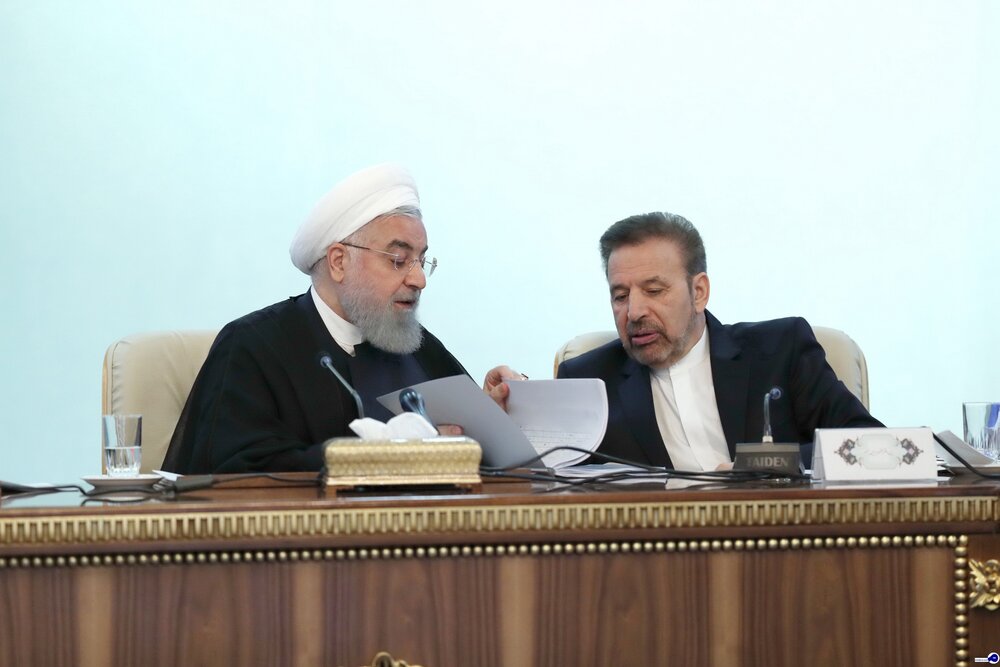Iran rejects Russian offer to directly negotiate with U.S.

TEHRAN - Iran rejected on Friday an offer made by Moscow to facilitate “direct negotiations” between Tehran and Washington amid simmering tensions between the two sides.
“We have no intention of negotiating with the Americans, and we have declared our stance very clearly,” said Mahmoud Vaezi, the Iranian president’s chief of staff, in response to a Russian offer to help launch direct negotiations between Iran and the U.S.
Vaezi was responding to a question from the Tasnim news agency on the Russian offer, which was made by Russian Foreign Minister Sergei Lavrov during a speech delivered to an audience of teachers and students of MGIMO University on Tuesday.
“We support direct negotiations between Iran and the U.S. and stand ready to help them begin the negotiations,” the chief Russian diplomat said. “We are ready to hold talks with the two sides in order to pave the way for the direct talks [between Tehran and Washington] if they both are interested [in negotiations]. We think that it’s better to directly address differences and issues and get answers.”
Vaezi said Lavrov wasn’t the only person to have proposed a direct negotiation between Iran and the U.S., saying other countries have made similar offers.
“Americans must return to the JCPOA and speak within the framework of the JCPOA, otherwise, no other action would yield result,” he noted.
Vaezi also pointed to U.S. sanctions on Iran, saying the Americans have taken a “wrong path” by imposing sanctions on Iran.
Iran’s response to the Russian offer comes against a backdrop of heightened tensions between Tehran and Washington over the U.S. bid to re-impose all UN sanctions on Iran using a contested mechanism within the Joint Comprehensive Plan of Action (JCPOA). The mechanism – known as snapback- was designed to allow participants to the JCPOA to restore the international sanctions on Iran in case it didn’t implement its commitments under the deal.
In a highly controversial move, the U.S. resorted to the snapback process on August 20, notifying the UN Security Council of Iran’s “significant non-performance” as defined in UN Security Council Resolution 2231. The U.S. move faced massive opposition from the international community. All JCPOA parties, along with almost all members of the UN Security Council, declared that the U.S. had no legal right to trigger the snapback process because it withdrew from the Iran nuclear deal on May 8, 2018, and that it is no longer considered a JCPOA participant.
SKM/PA
Leave a Comment